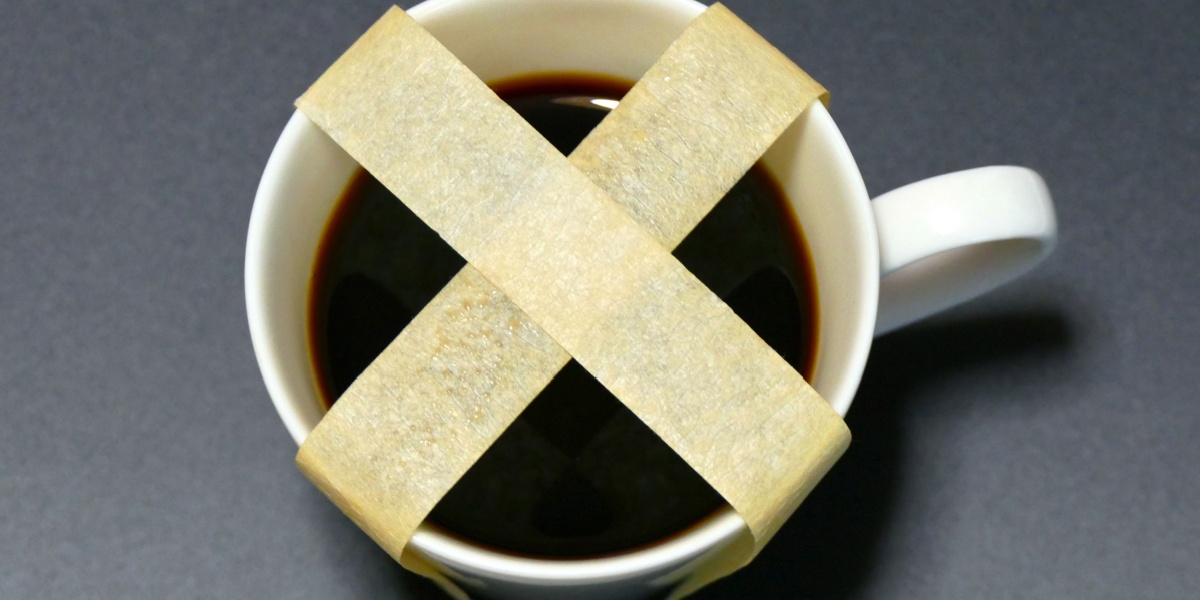Caffeine is included in many different drinks and food items, in varying amounts. It is not uncommon for people to consume caffeine daily, so it can be important to understand how much is too much and what alternatives are available.

What are the pros and cons of caffeine?
For most people, consuming a small amount of caffeine can have various health benefits, while consuming a large amount can negatively affect health.[1]
Pros
Caffeine can provide the following benefits if consumed in moderation:[1][2][3][4][5]
- Increased energy
- Increased cognitive abilities, such as concentration and memory
- Reduced risk of type 2 diabetes
- Improved liver health
- Improved brain health, including a reduced risk of dementia
- Reduced risk of heart disease and stroke
Cons
Caffeine can cause the following negative effects, particularly if consumed in large quantities:[1][2][6][7]
- Headaches
- Insomnia
- Rapid heart rate (tachycardia)
- Increased blood pressure
- Nausea
- Drowsiness
- Shaking
- Anxiety
- Reduced blood iron levels
Some people may experience withdrawal symptoms if they reduce or stop their caffeine intake after consuming large quantities. This might include headaches, fatigue, mood changes, concentration difficulties, and irritability.[8]
People metabolize caffeine differently. Some may be unable to metabolize caffeine well which can lead to an increased risk of heart disease.[7]
Consuming caffeinated beverages with added sugar or cream can lead to additional risks and adverse effects.[1]
Who shouldn't have caffeine?
Small amounts of caffeine can be safe for most people. However, some people may be at an increased risk of experiencing detrimental effects from consuming caffeine. Conditions and circumstances in which caffeine should be limited or avoided include:[2][6]
- Glaucoma
- Epilepsy
- Sleep problems
- Allergy or sensitivity to caffeine
- High blood pressure
- Digestion issues
- Bladder or urination issues
- Digestion problems
- Anxiety
- During pregnancy or breastfeeding
- When taking medications that might interact with caffeine
Knowing when to change your caffeine intake
According to experts, a safe amount of caffeine to drink daily is around 400 mg, roughly the same as four cups of coffee, ten caffeinated soft drinks, or 2-3 energy drinks. People’s tolerance and reaction to caffeine can differ, so this may not be the case for everyone. However, if you are drinking more than 400mg of caffeine daily, it may be a good idea to change your intake.[6][8]
Studies suggest that more than this amount can have detrimental effects on health. Signs that you should reduce your caffeine intake can include:[1][7]
- Increase in anxiety
- Regularly feeling jittery or agitated
- Insomnia or other sleep disturbances
- Urinating more often than normal
- Abnormal bowel movements
- Regular headaches
- No longer experiencing any effect from drinking caffeine on fatigue or alertness
When reducing caffeine intake, it is advised to do so gradually rather than stopping the consumption of caffeine altogether. Withdrawal symptoms are more likely to occur with abrupt stopping, so gradual reductions can help reduce this risk. [8]
Alternatives to caffeine
Several drinks, foods, and supplements are available that can help boost energy and provide an enjoyable alternative to coffee and caffeinated beverages. This includes:
- Rooibos: Rooibos, or red bush, is a fruity tea grown in South Africa. It contains no caffeine so can be a good alternative hot drink to replace coffee. It contains many antioxidants and can provide various health benefits such as improved digestion and immunity. [9]
- Chicory: Chicory is a plant grown around the world. The root can be roasted and ground and added to hot water. It tastes and smells similar to coffee but contains no caffeine, so can be a good replacement drink. It has numerous nutritional and medicinal benefits, including anti-inflammatory and antioxidative qualities, Vitamin B6, fiber, and inulin. [10]
- Green tea: Green tea contains a small amount of caffeine, so should be consumed in moderation, but has a much smaller content than coffee and other teas. It contains lots of antioxidants and its health benefits include a reduced risk of diabetes and Alzheimer’s and improved concentration. [11]
- Ginseng: Ginseng is a plant from East Asia that can be consumed as a tea or a supplement. It can help improve energy and concentration and provides several health benefits including improved heart health and anticancer effects. [12]
- Soda water with juice: For people who drink a lot of carbonated and caffeinated beverages, soda water and juice can be a good caffeine-free alternative that also contains less sugar.
- Smoothies: Fruit and/or vegetable smoothies can be a good replacement drink, which can provide several vitamins and nutrients, boosting energy and improving overall health.



